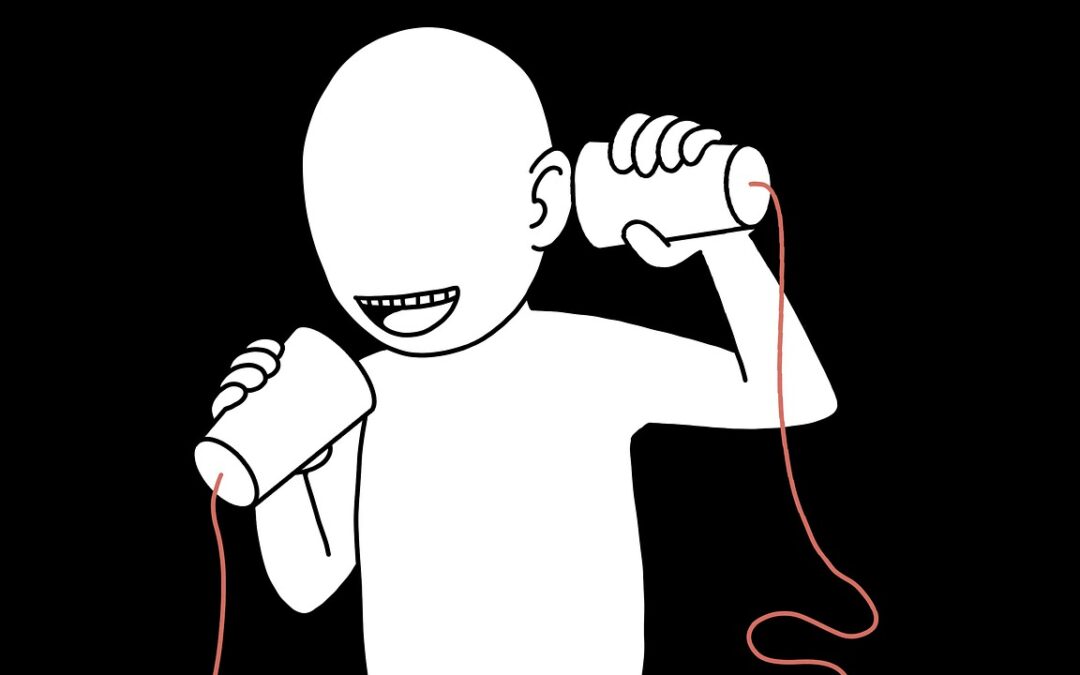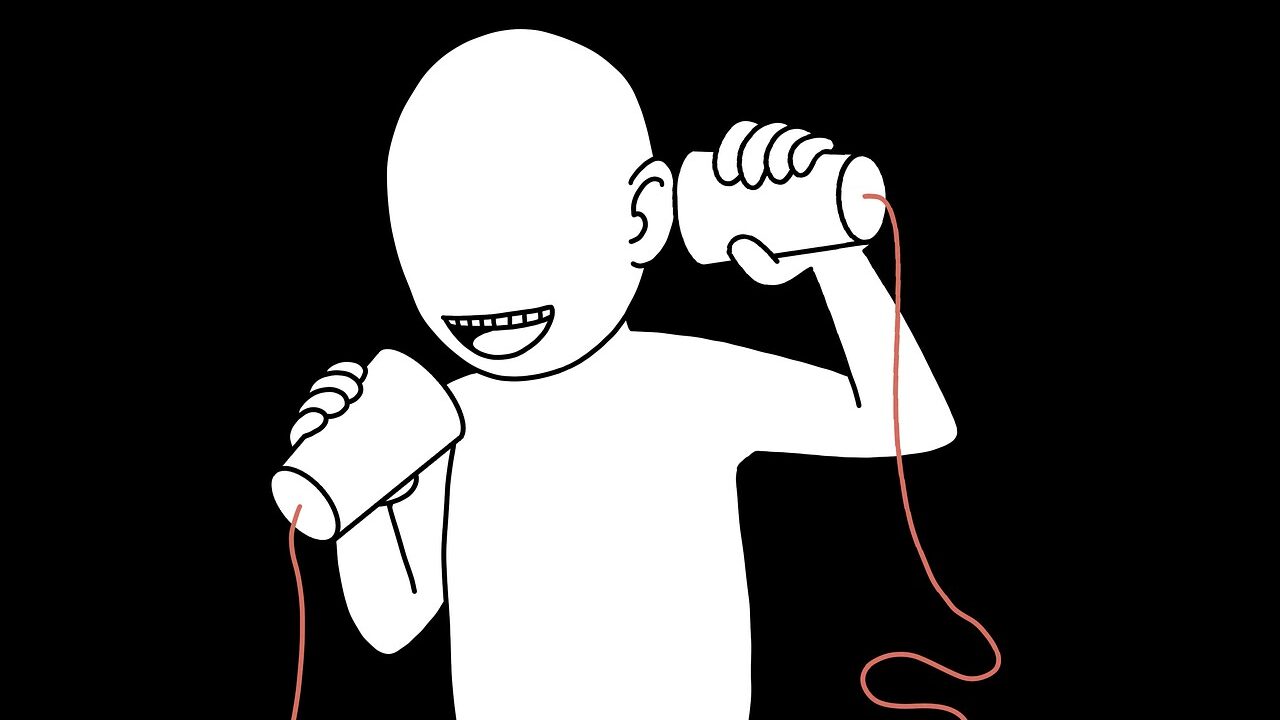Find a CBT Therapist
Search through our directory of local clinicians.
Self-Talk and CBT
Vocal Media’s recent article, “Is It Normal to Talk to Yourself?” discusses both the benefits and harms of self-talk. The article describes three types of self-talk:
- • Positive Self-Talk
• Neutral Self-Talk
• Negative Self-Talk
Vocal Media describes positive self-talk as giving yourself encouraging statements like, “You are prepared for this test.” It is considered adaptive and beneficial, as it boosts an individual’s confidence and makes them feel better.
Neutral self-talk is detailed as providing and noticing objective details in your environment. For example, “The gym is crowded today, so I’ll come back tomorrow.” This, too, is considered beneficial, since it is often informative and unbiased.
Negative self-talk is characterized by critical internal thoughts, such as, “You can’t do anything right.” In some situations, it can be beneficial to engage in negative self-talk during self-reflection for the purposes of personal growth. However, when people engage in frequent negative self-talk that does not necessarily fit the situation (i.e. “This is all my fault”) this can cause feelings of depression and anxiety.
Cognitive Behavioral Therapy (CBT) can help people experiencing frequent negative self-talk. It can aid in the changing of negative thinking patterns, allowing relief from symptoms like pessimism, helplessness, sadness, nervousness and self-blame.
In CBT, individuals learn to develop a healthier relationship with their thoughts. This can be achieved by accepting them, examining the evidence for and against them, replacing them with more appropriate or helpful thoughts, or gaining a healthy distance from them mentally.
If you or someone you know is experiencing excessive negative self-talk and feelings of anxiety or depression, you can use ABCT’s Find a Therapist directory to find a CBT clinician.
Author: Arielle Snow, M.A., Ph.D. Candidate in Clinical Psychology at Hofstra University
Edited by: Nicholas Crimarco, Ph.D.
My Account Info
Manage your Membership information, email preferences, and more.
Journals
Membership in ABCT grants you access to three journals.
Convention
We are now accepting Abstract submissions for Continuing Education Ticketed Sessions at the 2024 ABCT Convention in Philadelphia, PA.
My Account Info
Manage your Membership information, email preferences, and more.
Journals
Membership in ABCT grants you access to three journals.
Convention
We are now accepting Abstract submissions for Continuing Education Ticketed Sessions at the 2024 ABCT Convention in Philadelphia, PA.


